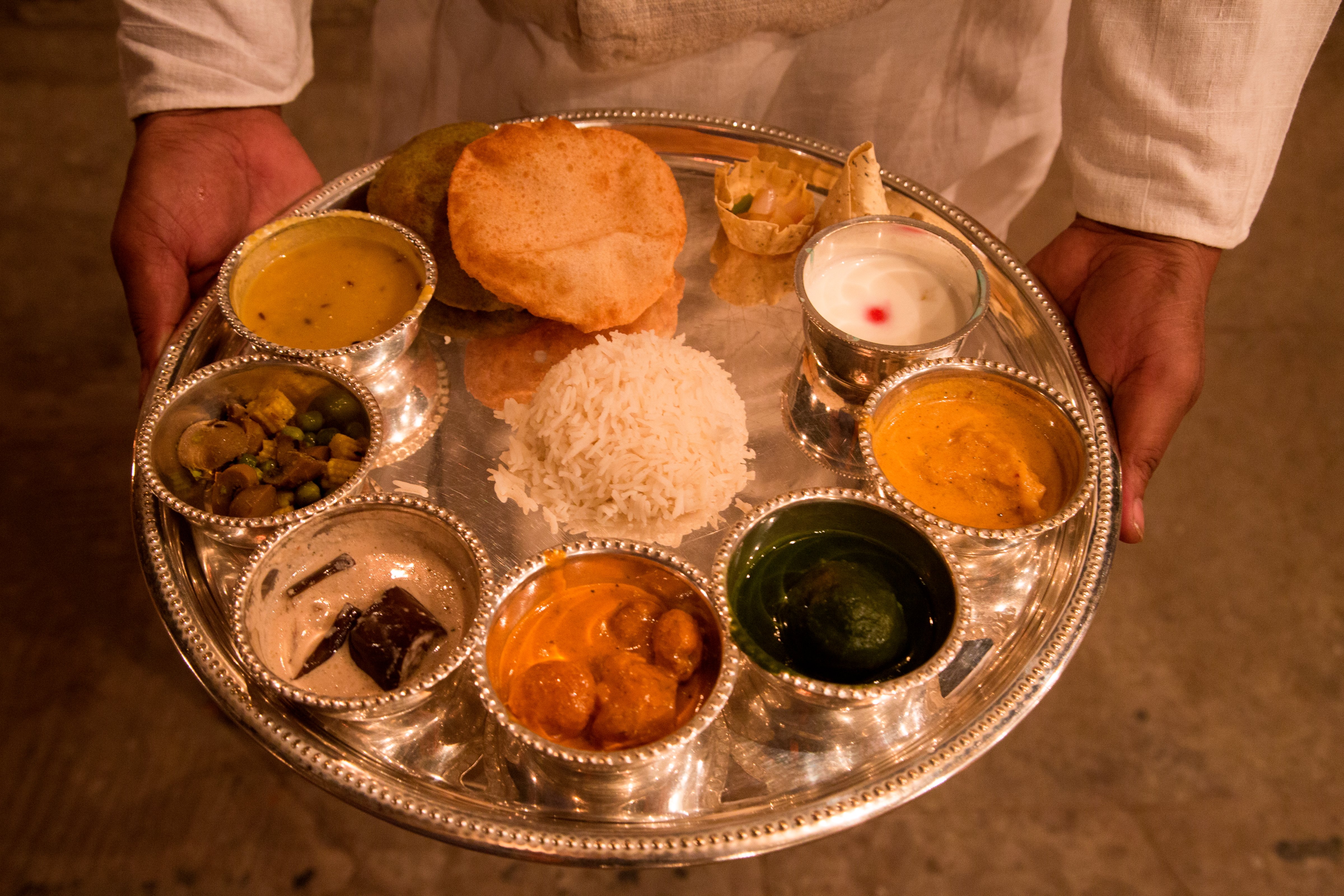Individual Diet Quantity

So what is the right quantity of food for a person? Depending upon the appetite of a person, the individual need of a person of diet will differ. It will not be appropriate to have the same quantity of food for everyone.
Factors which help to decide the right quantity of food:
Appetite– If a person has a good appetite, then he/she can consume food to satisfy the need of the body.
Digestion – If the consumed food gets digested in proper time without disturbing the body’s harmony, then it is the right food for that person.
While having food, one should think about the property or the nature of food. There are basically two types of food- light food and heavy food. Food that gets easily digested is light food e.g. rice, moong dal (green gram), popcorn, roasted grains, puffed rice, and millet.
The food that takes a longer duration to get digested is heavy food. e.g. food items prepared from milk and sugarcane, sesame, Udad dal (black gram), and flour-based food items.
When we think of light and heavy food, one has to eat these foods in a balanced way. Light food cannot be consumed in greater quantity. There should always be a balance between these foods. Heavy food if consumed in greater quantity can affect the appetite. Also, they take longer duration to get digested.
After knowing the nature of food, it is important to know how much amount of heavy or light diet needs to be taken at one time or in a single meal. Heavy food needs to be consumed half or one-third of your appetite. People who have regular exercise and who have good digestive capacity can have heavy food in more quantity. Light food should not be consumed in excessive amounts as it will lead to suppression of digestive power.
Food consumed in the right quantity helps a person to remain healthy and enhances the strength, complexion, and happiness of an individual.
